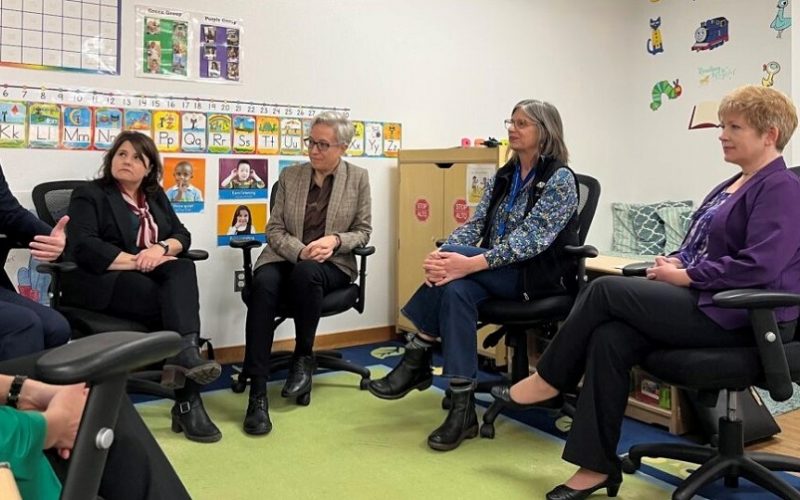Salem, OR – Oregon lawmakers are taking action to address the state’s severe shortage of qualified early childhood educators, with a proposed $20 million investment aimed at expanding degree programs and increasing on-the-job training for teachers.
State Representative Courtney Neron, D-Wilsonville, has introduced House Bill 3011, which directs the funds over the next two years to strengthen early childhood education programs at Oregon’s public universities and community colleges. The bill, which is focused on training educators for child care and preschool programs for children under the age of 5, seeks to address a growing gap in the availability of qualified teachers.
Oregon’s child care and preschool system is currently struggling to meet the needs of young children across the state. A 2023 analysis by Oregon State University revealed that statewide, there are enough early childhood educators for only one in five children under the age of 2 and about one in three children between the ages of 3 and 5. In some rural areas, the situation is even worse, with 12 of Oregon’s 36 counties having less than 10% of children under 2 years old with access to early childhood education or child care services.
“We have centers across our state operating below capacity because of the lack of available qualified early educators,” said Amy Luhn, director of Oregon State University’s Family Resource Center. “Oregon has centers that maintain an average 18-month long wait list, especially for infant toddler care.”
The situation has led to severe limitations in the number of children served and, in some cases, the loss of funding intended for child care programs. Suey Linzmeier, executive director of Head Start of Yamhill County, shared the challenges her program faces, including a waiting list of 138 preschool-age children during the 2023-24 school year. Linzmeier explained that the lack of qualified teachers was a major factor in her program’s inability to accept more children.
Statewide, approximately half of Oregon’s child care providers hold an associate degree, bachelor’s degree, or higher in early childhood education or a related field, while about a quarter possess some college education, certificates, or foreign degrees. This means there are gaps in qualifications that contribute to the workforce shortage.











